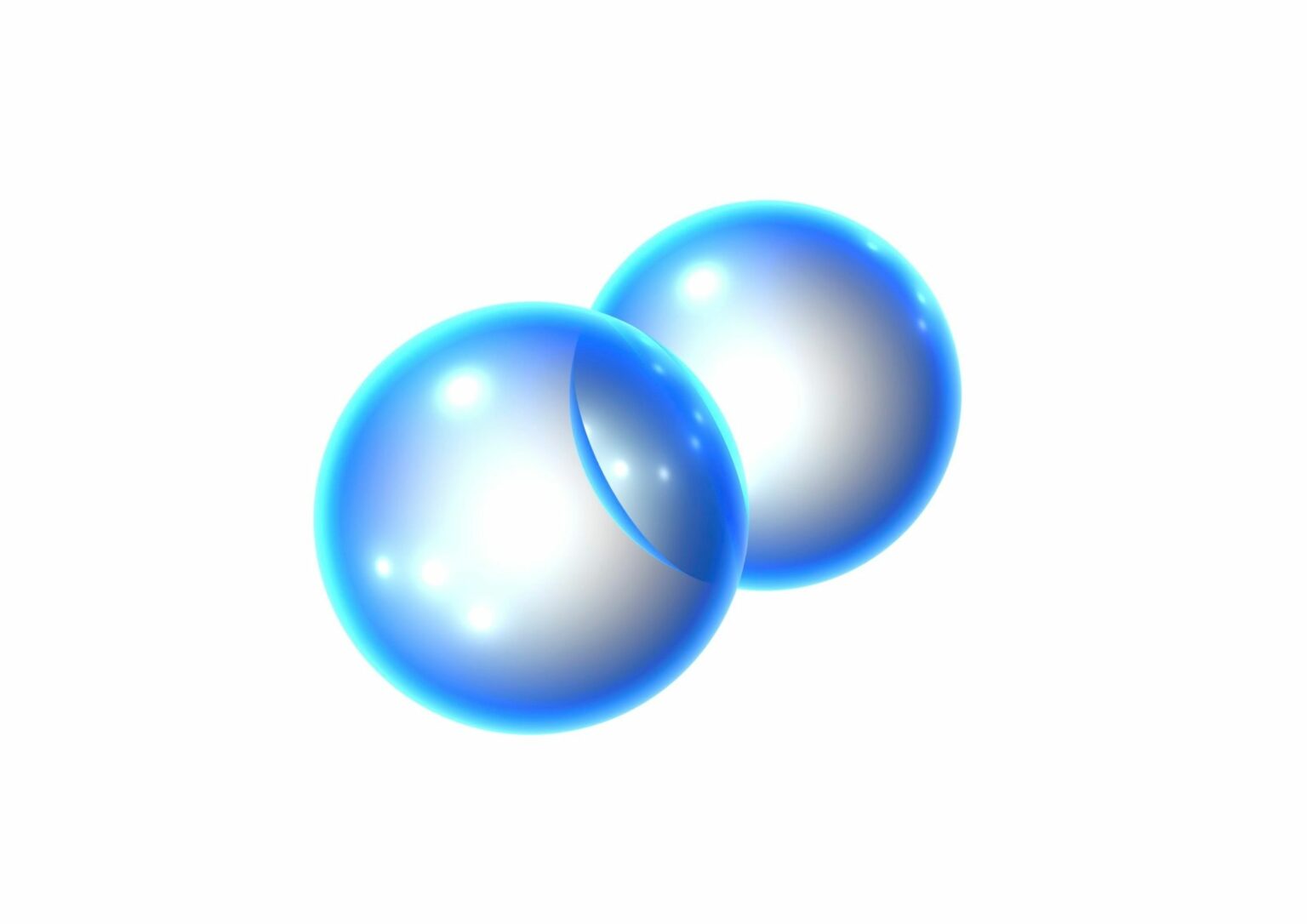South Korea’s Doosan Fuel Cell is poised to revolutionize power generation with the introduction of its new phosphoric acid fuel cell (PAFC) model, the 5CSA.
The 5CSA model is projected to increase power generation efficiency by 25% compared to its predecessor, the 4CSA, boasting a capacity of 550 kilowatts (kW) per unit. By eliminating the need for a reformer and directly processing hydrogen to generate power, the 5CSA demonstrates significant advancements in fuel cell technology.
Despite its enhanced power generation capabilities, the 5CSA remains competitively priced and maintains the same size as the 4CSA model. This makes it an attractive option for energy providers seeking to optimize both performance and cost-effectiveness in their power generation infrastructure.
Doosan Fuel Cell’s strategic decision to manufacture its own electrode materials for fuel cells reflects a proactive approach to reducing production costs and enhancing operational efficiency. By consolidating production divisions and leveraging internal resources, the company aims to streamline manufacturing processes and achieve greater cost competitiveness in the market.
Doosan Fuel Cell’s collaboration with constructors and electricity generation subsidiaries of Korea Electric Power Corp. marks a significant step towards securing orders for normal and clean hydrogen power plants. These partnerships align with South Korea’s ambitious plans to ramp up power generation from hydrogen sources, positioning Doosan Fuel Cell as a key player in the country’s energy transition.
In addition to its focus on power plant development, Doosan Fuel Cell is expanding its presence in the transportation sector through the mass production of solid oxide fuel cells (SOFCs). With plans to develop SOFCs for vessels and launch hydrogen-fueled buses equipped with proton-exchange membrane fuel cells (PEMFCs), the company demonstrates a commitment to diversifying its offerings and exploring new avenues for hydrogen utilization.





